The Temporal War Of Star Trek Explained
We go over the history of Star Trek's Temporal War.
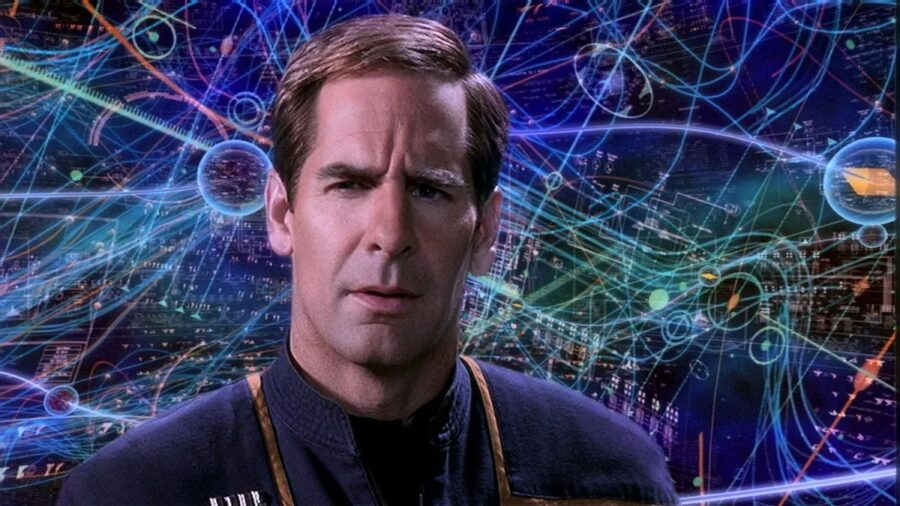
A recent episode of the Paramount Plus series Star Trek: Strange New Worlds showed how the shenanigans of the Temporal War had made big changes to the canon, including when Khan Noonien Singh was born. However, this revelation left many more fans scratching their head at just what the Temporal War was about and how it ended. If you share in that confusion, then it’s time to sit back while we dive into everything you need to know about this influential interstellar conflict.
Before there was a proper Temporal War, Star Trek: Enterprise introduced us to the concept of a Temporal Cold War. Said Cold War included a number of different factions that were capable of time travel, and most factions were obsessed with changing the past in order to make things better for their own empires. Hence, calling it a “cold” war: rather than fighting each other directly, these futuristic factions manipulated others in the past into doing their dirty work.
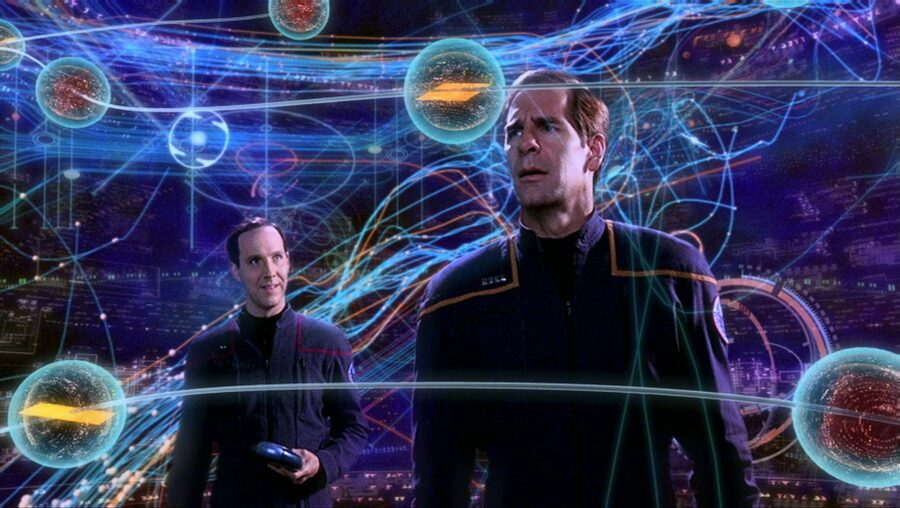
Star Trek: Enterprise revealed that the Temporal Cold War eventually became very, very hot. Daniels, a mysterious Starfleet officer from the far future, warned that all temporal agents are now explicitly trying to change the past. While their actions before were akin to tugging on a few stray strings in the timeline, this kind of widespread alteration threatened to unravel history completely.
With so much riding on this, Daniels did something Starfleet wouldn’t normally approve of: he sent Captain Archer and the Enterprise into the past in order to stop the Temporal War from happening in the first place. In the Star Trek: Enterprise episode “Storm Front,” we find out the war was caused by Vosk, a member of the Na’kuhl faction who escaped into Earth’s past when he lost the Temporal War.
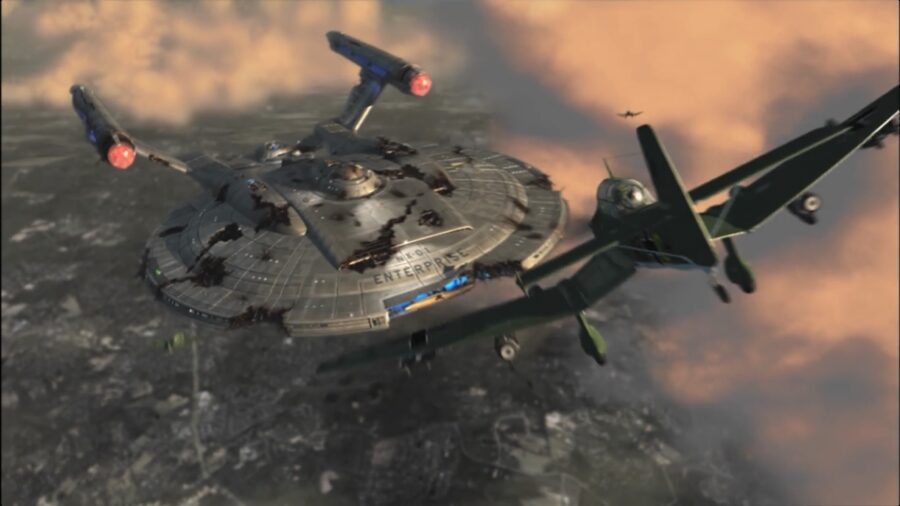
Archer learns that if Vosk is allowed to use 20th-century technology to build a temporal conduit home, he will be able to kill all of the temporal agents in his way and rewrite the future in his own image.
Unfortunately, in typical Star Trek fashion, the alien trying to win the Temporal War through dirty tricks has aligned himself with the Nazis, and they have managed to take over America and most of the world. To stop them, Archer and an alien ally from the future named Silik must find a way to lower the shields to Vosk’s compound so that the Enterprise can blow it up, destroying the temporal conduit for good.
With a bit of luck and some help from the American Resistance, Archer and his crew succeeded: they destroyed the temporal conduit, killing Vosk before he could use it to hop back into the future. At the end of the Star Trek: Enterprise episode “Storm Front, Part II,” we find out that all of the damage to the timeline that kicked the Temporal War into high gear was undone.
Daniels was alive, the Temporal Cold War was over, and Enterprise fans could breathe a sigh of relief that this storyline was finally wrapped up.
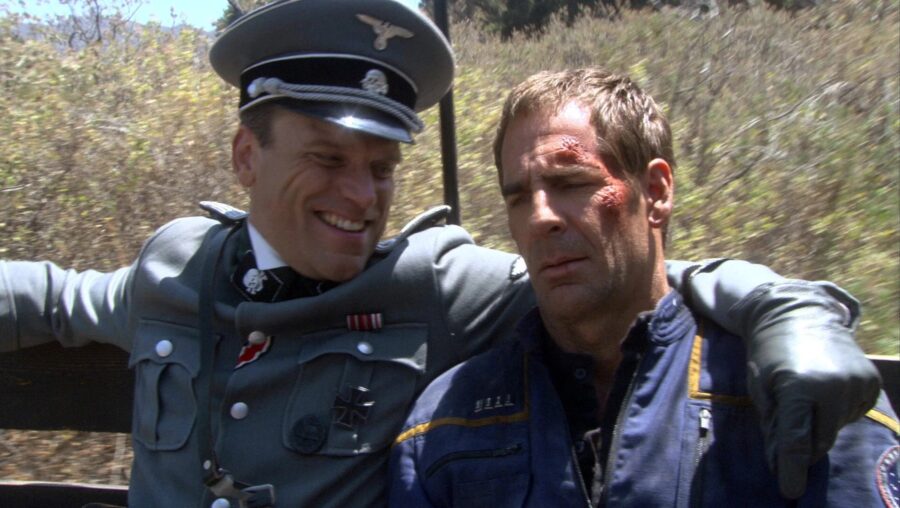
However, even though Star Trek: Enterprise eventually put the Temporal War away like an unwanted toy, later Star Trek series have made the occasional reference to it. For example, we find out in Discovery that Starfleet outlawed time travel technology and destroyed anything they had already built, all to avoid another event as catastrophic as the Temporal War.
Interestingly, the mysterious Guardian of Forever from Star Trek: The Original Series even moved itself to a new planet and became much more selective about who could use its abilities because so many people wanted to use the Guardian as part of the war.
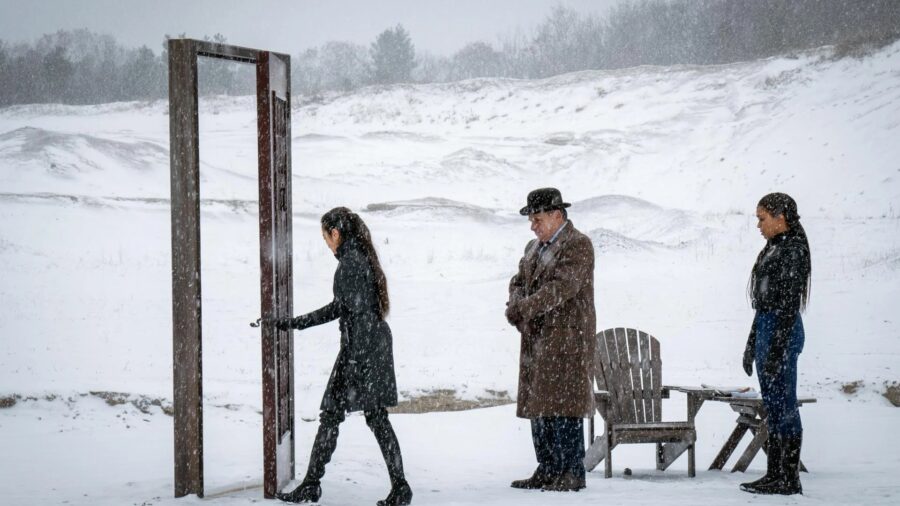
Most recently, the Star Trek: Strange New Worlds episode “Tomorrow and Tomorrow and Tomorrow” revealed that some of the Temporal War incursions had made some very unexpected changes to the Star Trek canon as well.
The big change is that Khan Noonien Singh, Augment and the greatest foe in Trek history, is still a child in the Early 21st century when he was originally supposed to be a full adult exiled from the planet after the Eugenics Wars ended in the mid-90s. It’s an interesting change to canon, and it may help explain why Earth seemed completely unaffected by the Eugenics Wars when the Voyager crew traveled to the ‘90s.
Ultimately, Star Trek fans remain divided on the Temporal War: some fans thought it dominated Enterprise for way too long, while other fans felt this was a logical (so to speak) story regarding what warring empires would do if they could travel backward in time.
But considering how the Temporal War has gotten name-checked twice in NuTrek so far, even the most jaded fan should admit that this war, ironically enough, won’t be staying in the past. In the meantime, we’re still hoping someone from the future can travel back in time and keep Paramount from canceling Prodigy. We’re sure the Department of Temporal Investigations would look the other way.












